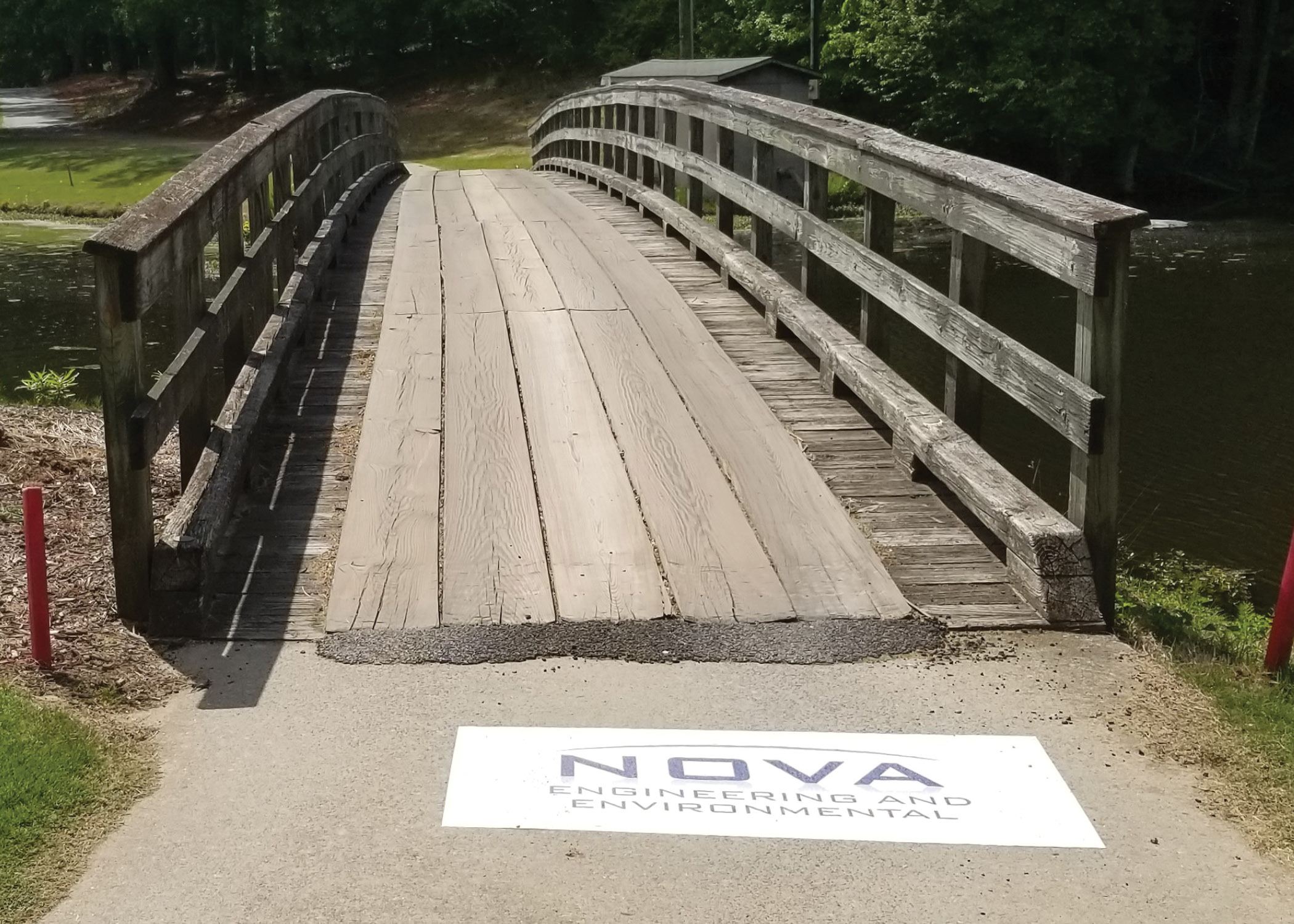Trans Energy, Inc., an oil and gas drilling company based in West Virginia, recently admitted to multiple violations of the Clean Water Act.
The company attempted to capitalize on the Marcellus Shale natural gas resources available in West Virginia between 2009 and 2011. Trans Energy released materials such as rock, sand, soil and stone into the local streams to build large reservoirs of water as a supply source for drilling activities. In addition, the company failed to train and supervise its employees and only consulted nearby property owners on environmental regulations, instead of reaching out to authorities.
Trans Energy pled guilty to the charges brought by the U.S. Environmental Protection Agency (EPA), admitting that it had unlawfully dumped pollutants into West Virginia waterways.
"Natural wetlands are essential for the overall health of the environment and of our communities," said David G. McLeod, Jr., Special Agent in Charge of EPA's Criminal Enforcement Program in the Middle Atlantic States. "In addition to providing habitat for hundreds of fish and animal species, wetlands filter and slow the flow of surface water, reducing the impact of flooding. Today's sentence demonstrates that EPA and its law enforcement partners will remain vigilant in protecting our nation's wetlands and water supplies."
The Clean Water Act, also known as the Federal Water Pollution Control Act, was enacted to restore and maintain the integrity of United States waters. It prohibits discharges of pollutants and materials without a permit and heavily regulates discharges conducted with a permit. Environmental consultants can help energy companies and other businesses ensure they have all the permits required before starting work. They can also ensure that companies are following the letter of the law as they conduct operations.


